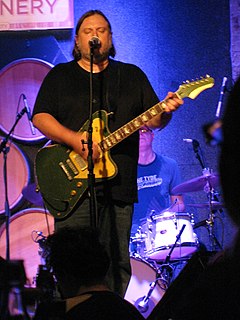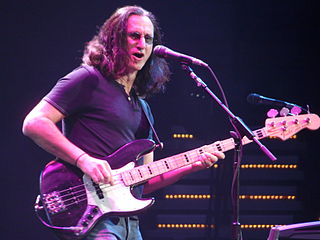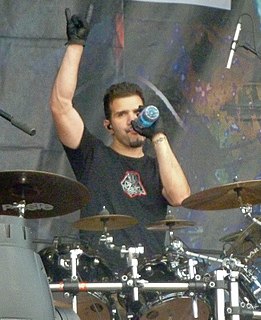A Quote by Todd Rundgren
While I used to make my living principally as a record producer, as time went on, I had to depend more and more on my live performances because of the evolution of the record industry, which has de-emphasized what made it possible to make a living.
Related Quotes
The live thing is separate from the record for me. I have to figure out a way to make the songs work live. It's always going to be different than it is on a record, because every record I've made, there are people playing parts on there that are not going to be coming on tour with me. As much as still feeling connected to it, it's more like rediscovering.
By the time my first solo record came out, I was making a handsome living as a record producer. I had worked with the Band, Janis Joplin and all of these other artists in the Albert Grossman organization. So as my so-called solo career evolved, I never felt pressure that I had to come back and top when I might've done before.
You just do the best you can. It doesn't necessarily mean that you have to get worse the more you do it. It can get better, I think... aspects of it, anyway. I mean, I don't write as much as I used to. But I don't do a lot of things as much as I used to. So that's the natural order of things, too. You're more or less living in the present. You're just trying to get that next song, whatever it is. And not think too much about what happened on the last record, or the record you made 20 years ago, because those are over with. Those are done.
It wasn't just like, "I want to make a record that sounds like classic rock" at all. It was more like, "I want to make a record that is a little more unsettling and maybe isn't as easily understood now." That just seemed more important, like, for me to make as an artist, than it was to make something to make people feel safe right away.
It's a battle between record company, between producer and between mastering engineer. Because the louder you make your record in a digital process, the more dynamics are squished out of it. Nobody knows exactly what happens, but the dynamics in the performance disappear, and everything is at the same volume.
I think it's stripped down as far as electronics go, but we just wanted to write a record that we felt better represented how we sound live with more of a rock feel, which is the direction we've been heading. It's just an evolution of the band throughout the years. We worked on this record longer than any other record, so I don't know if "stripped down" is how I would put it; I think it is a little bit more raw sounding.
I love good momentum. It makes everybody happy and in this time that we're living in, especially musically speaking, if you can make a record that has more than 4 or 5 songs deep and it has a good variety of songs. You don't frontload it with those first couple of songs. You continue the record taking the listener on a journey, musically speaking. I think you've really got something there.
I call it "being interrupted by success." We had done The Soft Bulletin, which came out in 1999, and we knew we that were gonna make another record before too long. But in between this, we were still in this mode of kind of just - not re-creating what we could be, but kind of doing different things. For the longest time in the Flaming Lips we were like, "Make a record, go on tour. Come back, make another record," and you know, I think, frankly, we were kind of like, "There's more to life than just recording records and going on tour."
I could do another tour, make a record that's very similar, do similar venues. Or I could make a different record, do different venues, and grow. It's exciting to take it to new places, but it's never been my intent to be the biggest thing in the world. That's not what my drive is. I want to make what I want to make, and make a living off it.



































